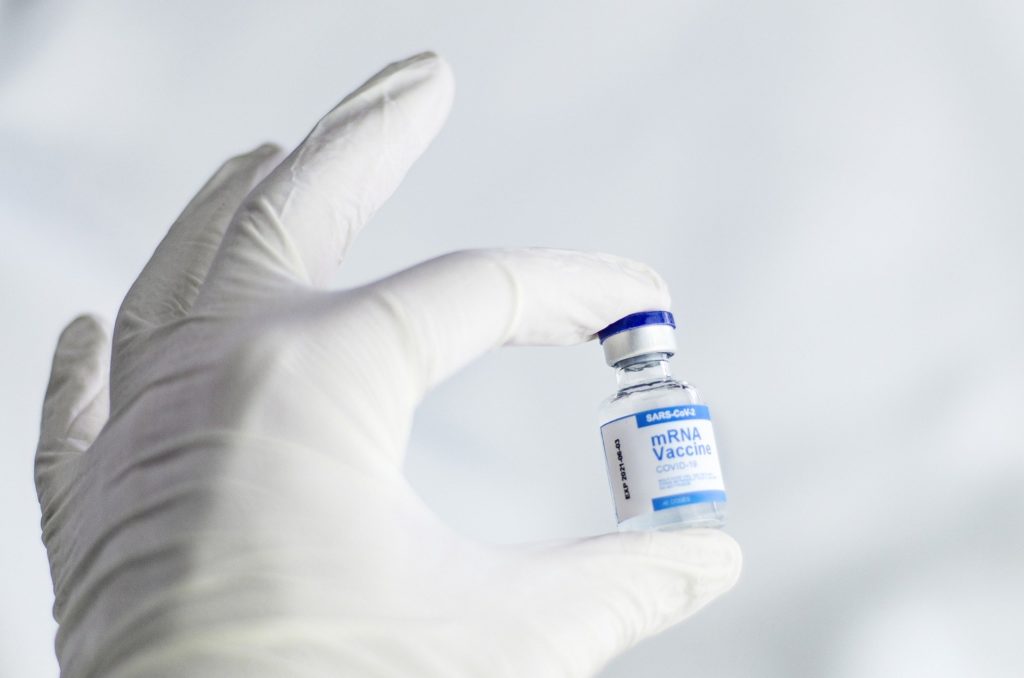The US Food and Drug Administration (FDA) has amended its emergency use authorizations (EUA) for both the Pfizer and Moderna COVID-19 vaccines to incorporate a third dose for immunocompromised individuals. The authorization for the COVID-19 vaccine boosters is specifically for organ transplant recipients or those diagnosed with conditions that are considered to compromise the immune system at an equivalent level.
In a statement regarding the COVID-19 vaccine boosters, the FDA made it clear that other fully vaccinated individuals do not need an additional dose. The allowance of a booster dose only applies to immunocompromised individuals.
According to the CDC, approximately 2.7 percent of adults in the US are immunocompromised.
Immune systems can be weakened in individuals with HIV/AIDS; cancer and transplant patients taking certain immunosuppressive drugs; and those with genetic diseases affecting the immune system like congenital agammaglobulinemia and congenital IgA deficiency.
Related: CDC Backs J&J COVID-19 Shot Amid GBS and Delta Variant Concerns
People with weakened immune systems have difficulty mounting a robust immune response to the two-dose schedule of the Pfizer and Moderna mRNA vaccines. These individuals could benefit from an extra dose of the shot, as experts say they’re more vulnerable to contracting COVID-19 following the current standard vaccine regimens, and are more likely to get severely ill from the infection.
According to an NBC News report, the FDA authorization comes after a panel of advisors to the Centers for Disease Control and Prevention (CDC) held a meeting last month after which they urged action on additional doses for immunocompromised adults. The CDC’s Advisory Committee on Immunization Practices (ACIP) convened on Friday to discuss clinical recommendations for vaccinating immunocompromised individuals with an additional mRNA vaccine dose.
The amended authorization for the Pfizer and Moderna COVID-19 vaccine boosters is based on lower vaccine effectiveness in immunocompromised people — 59–72 percent versus 90–94 percent among non-immunocompromised people after a second dose; higher risk to transmit the coronavirus to household members; and a generally higher risk of infection including breakthrough infection. In fact, immunocompromised individuals represent 44 percent of hospitalized COVID-19 breakthrough cases despite only making up 2.7 percent of the US adult population.
A small study from Johns Hopkins University has shown that a third dose of a COVID-19 vaccine could indeed help immunocompromised patients. The study involved 30 organ transplant recipients that had been fully vaccinated with two doses of either the Pfizer or Moderna vaccines. The majority of patients — 24 patients (80 percent) — had no antibodies against SARS-CoV-2, while six had low levels. After the patients were given a third dose of Pfizer or Moderna, all those with low antibody titers and eight of the antibody negative patients developed high-positive antibody titers two weeks post-vaccination. Despite being a small study, the research could offer promise to immunocompromised patients at risk of getting COVID-19.
Authorization of a third COVID-19 vaccine booster dose could also be expanded to other high-risk populations, such as the elderly.
Speaking to ABC last week, National Institute of Allergy and Infectious Diseases (NIAID) chief Anthony Fauci said that the pending authorization (at the time) would “encompass a relatively small proportion of the population, around three percent or so,” and would include cancer and transplant patients.
He added that, “At this particular point, apart from the immunocompromised, we don’t feel the need to give boosters right now.”
The COVID-19 Vaccine Boosters Debate
This two-dose regimen of the COVID-19 mRNA vaccines continues to be effective and backed-up by real-world data, and they’re holding up against coronavirus variants as well.
The FDA and CDC released a joint statement last month saying that additional doses of the COVID-19 vaccines were currently not warranted for the general public.
As the US now moves to offer immunocompromised people booster does, Israel already began administering COVID-19 booster shots to fully vaccinated immunocompromised citizens a month ago, and to elderly people two weeks ago. It plans to extend eligibility to those 50 and older next week. The country is also reporting early data showing that a third booster is highly effective in immunocompromised individuals. Initial data from the study shows that among vaccinated kidney transplant patients, those with successful generation of anti-SARS-CoV-2 antibodies jumped from 37 percent after two doses, to 73 percent after a third dose.
Along with Israel and now the US, France, Germany and the UK will also begin boosters in September, starting with the elderly and most vulnerable.
The countries are going ahead with the booster plans despite calls from the World Health Organization (WHO) discouraging boosters to help increase supplies to lower income countries in need.
In April, Pfizer CEO Albert Bourla had announced that boosters would likely be necessary 12 months down the line, which some saw as a premature proclamation given the lack of data on boosters at the time, and not knowing how long it takes for antibodies to wane, or if they would wane at all long-term.
So far, Pfizer and Moderna say that antibody levels remain high at least six months post-vaccination. Despite this, Moderna also said last week that it expects boosters would be necessary ahead of winter this year.












Join or login to leave a comment
JOIN LOGIN